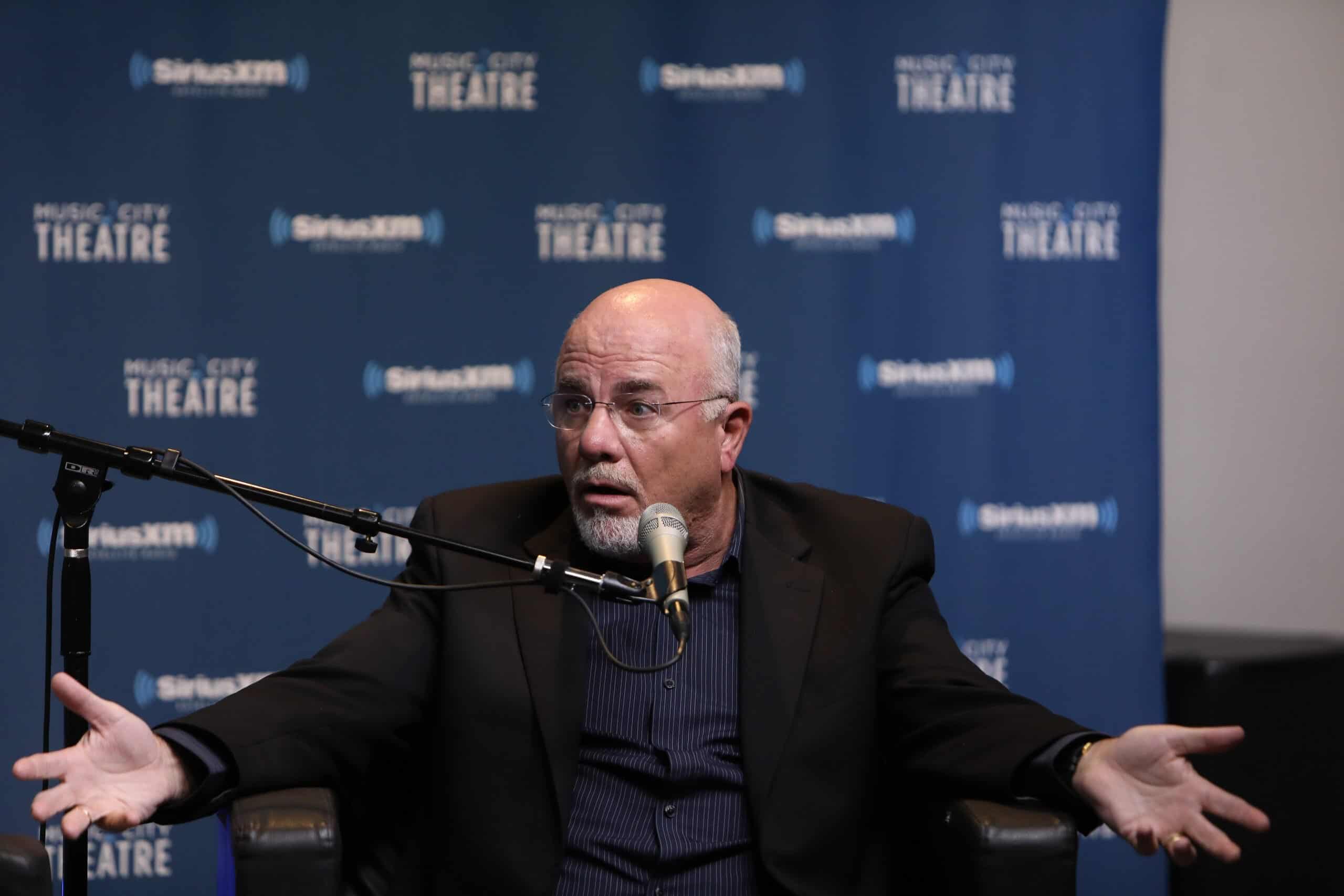Personal Finance
Dave Ramsey spills the secrets on the four types of funds he invests in that have made him so wealthy

Published:

Nationally acclaimed financial advice author, radio, and podcast host Dave Ramsey is adept at analyzing his callers’ situations and helping them with advice and suggested solutions. His own wealth is the result of real estate investments – 75% of his net worth is derived from his real estate portfolio. However, his sentiments towards securities investments are decidedly conservative and pedestrian. Eschewing individual stocks, Ramsey prefers the diversification of mutual funds with solid track records.

Ramsey’s personal investment methodology is a stripped-down approach, focused on four (4) categories of mutual funds:
As long as the fund has a minimum 10-year track record history of strong performance, Ramsey invests all the way – whether the market is up or down, he dollar-cost averages and takes the long, incremental cumulative approach towards investment in his mutual funds. He jokingly says that “people think I’m the smartest person in the world, but in reality, the only thing I did was I didn’t stop”.
Ramsey’s data confirms that, “the number one correlating factor to people who build wealth investing is they actually invest.”
The Dave Ramsey mutual approach is a time-tested one that is essentially a scaled-down version of the one utilized by such famous investors as Peter Lynch, former manager of the Fidelity Magellan Fund, Sir John Templeton, Benjamin Graham, T. Rowe Price, and Vanguard’s John Bogle.
Particularly noteworthy is that none of the mutual fund categories Ramsey prefers are, in themselves, focused on wealth preservation, i.e., fixed income. Instead, all four have strong growth components.
Growth oriented mutual funds would likely include many S&P 500 stock holdings, including technology companies like Apple and Microsoft, pharmaceutical companies like Merck and Johnson & Johnson, and stalwarts like General Electric.
Growth and Income mutual funds refer to growth stocks that also have a history of increasing dividends, which is a strong indicator of consistent growth. These types of funds would likely include stocks like beverage company Pepsico, medical supply company Becton, Dickinson & Co., and paints and coatings titan PPG Industries.
Aggressive Growth mutual funds inevitably contain stocks wit higher volatility levels, but with commensurate upside. AI leader Nvidia, Elon Musk’s Tesla EV company, and casual dining chain Chipotle.
International mutual funds, from a diversification perspective, afford investors of opportunities that are outside the US. The economic climates in different nations create a panoply of upside scenarios where geopolitical events, policies, and resources all may have a bearing that is unrelated to comparable criteria in the US.
Ironically, Dave Ramsey’s mutual fund categories don’t specifically focus on real estate, which is his bread and butter sector. Although there are some exceptions, real estate and REIT (Real Estate Investment Trust) stocks can grow, but are much more in favor of income-based investors, who rely on dividends for passive income.
Start by taking a quick retirement quiz from SmartAsset that will match you with up to 3 financial advisors that serve your area and beyond in 5 minutes, or less.
Each advisor has been vetted by SmartAsset and is held to a fiduciary standard to act in your best interests.
Here’s how it works:
1. Answer SmartAsset advisor match quiz
2. Review your pre-screened matches at your leisure. Check out the advisors’ profiles.
3. Speak with advisors at no cost to you. Have an introductory call on the phone or introduction in person and choose whom to work with in the future
Thank you for reading! Have some feedback for us?
Contact the 24/7 Wall St. editorial team.